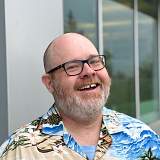
The GApp Lab
The Therapeutic Games and Apps Lab (The GApp Lab) is a one-of-a-kind collaboratory that brings together student game developers to work alongside faculty researchers to create innovative software to solve real-world problems.
Leveraging virtual reality, mobile apps, web apps, and more, these collaborations create evidence-based tools to help with a variety of domains ranging from physical therapy and adaptive sports to mental health and social work. The GApp Lab provides a studio, mentorship, and education to provide GApp Lab Fellows (students) and research partners (faculty) to empower them to innovate, develop, and research the next generation of digital health technologies.
In addition to education and innovation, The GApp Lab values fostering and furthering the culture of compassion, collaboration, innovation, and acceptance. In support of this, The GApp Lab leans heavily into participatory design. We believe that the best educational and health interventions are developed not for a community, but with the community by bringing in community members and patients as co-designers.
While the lab works on a wide variety projects aiming to solve a wide array of problems, The GApp Lab leverages entertainment and playfulness in its projects to encourage engagement and adherence and promote the notion that a playful life is a healthy life.



The GApp Lab is led by
Dr. Roger Altizer, PhD
Dr. Altizer is an Associate Professor with Tenure in the Department of Population Health Sciences, Division of Health System Innovation & Research.
The GApp Lab is funded by Utah Health as well as grants and donations.
The GApp Lab Fellowship
The GApp Lab Fellowship Program at the University of Utah is a unique opportunity that brings together student game developers, known as GApp Lab Fellows, faculty researchers and industry professionals from the Software Development & Systems Design Core (The SD2C).
In The News
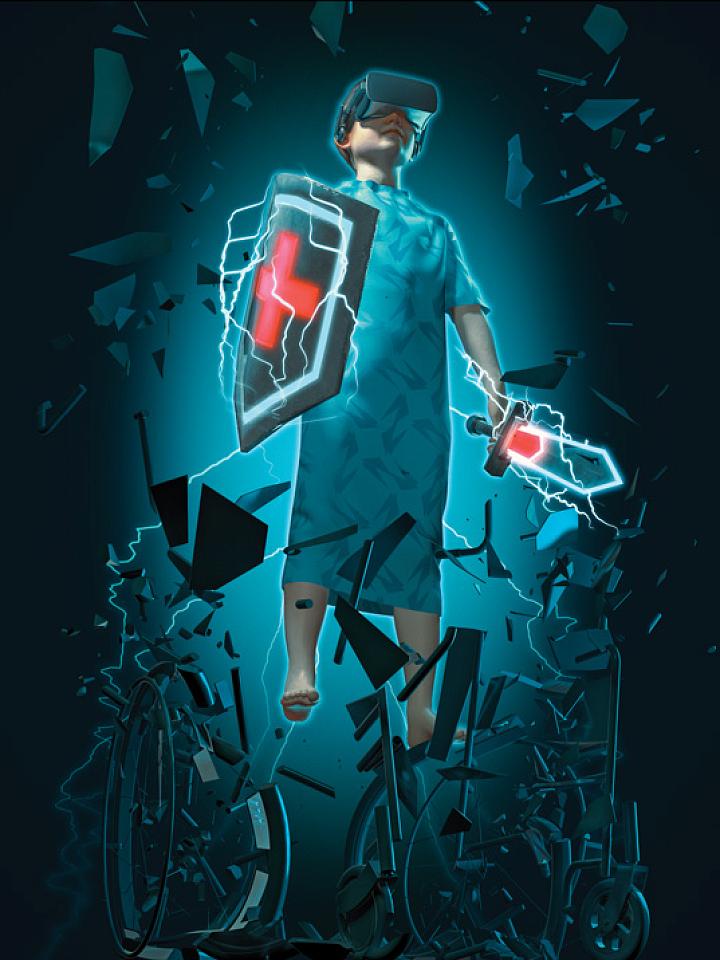
The latest in digital medicine gives new life to video games as treatments for diseases and conditions.
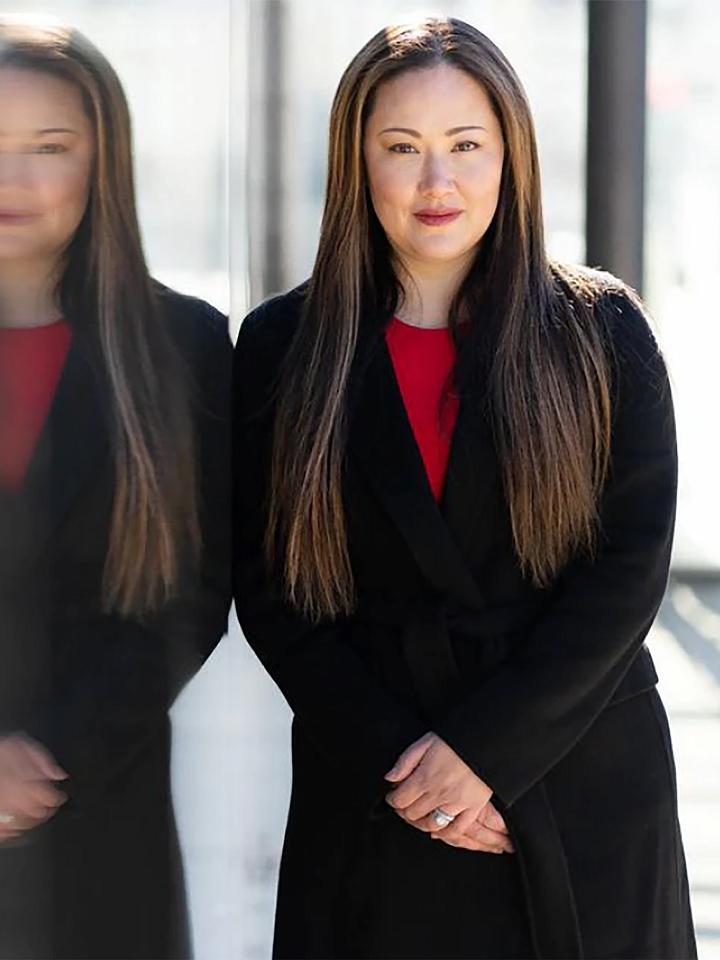
Video game developed at University of Utah to treat depression receives $7.5M grant
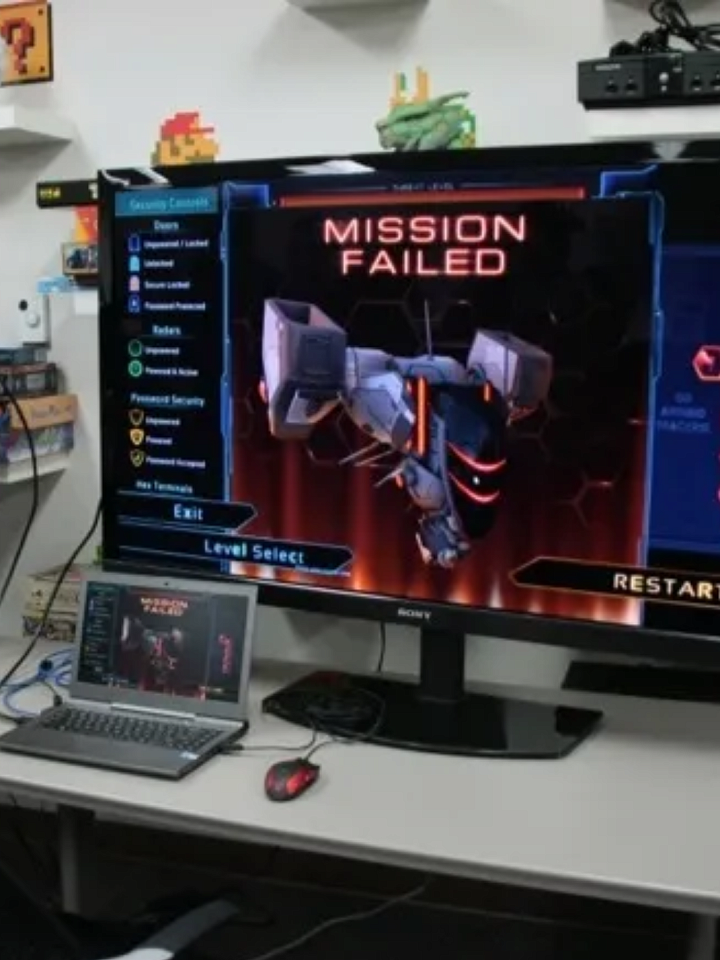
Entertainment Arts and Engineering program (EAE) is ranked among the top five programs in the nation.
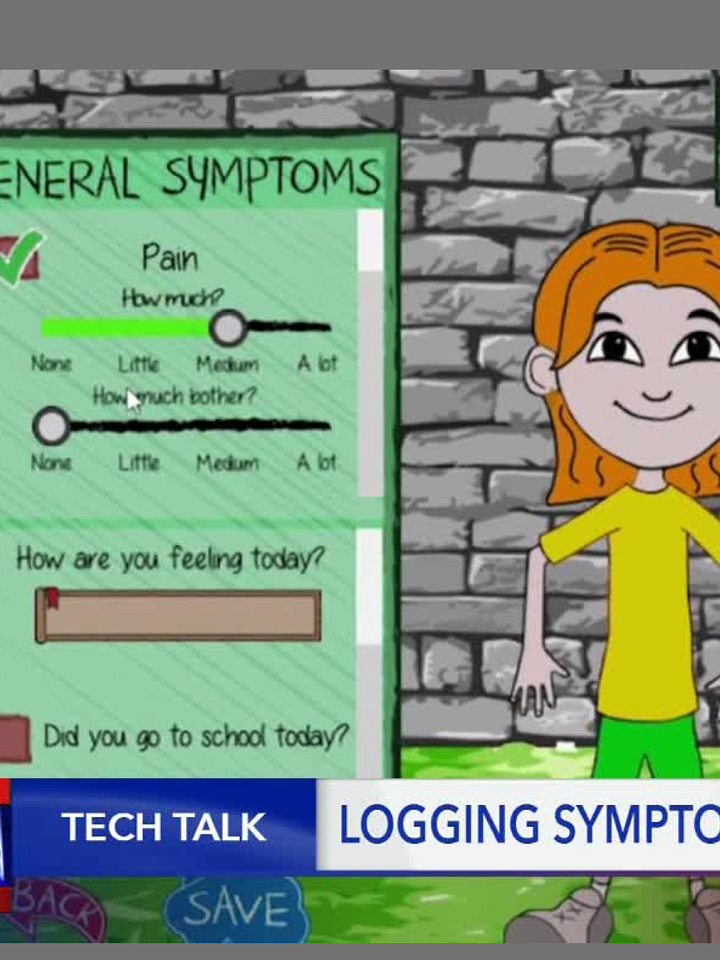
Technology plays an important role in advancing medical treatments and diagnosing patients.
Interested in being a student, collaborator, or getting involved in The GApp Lab?
